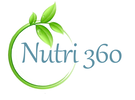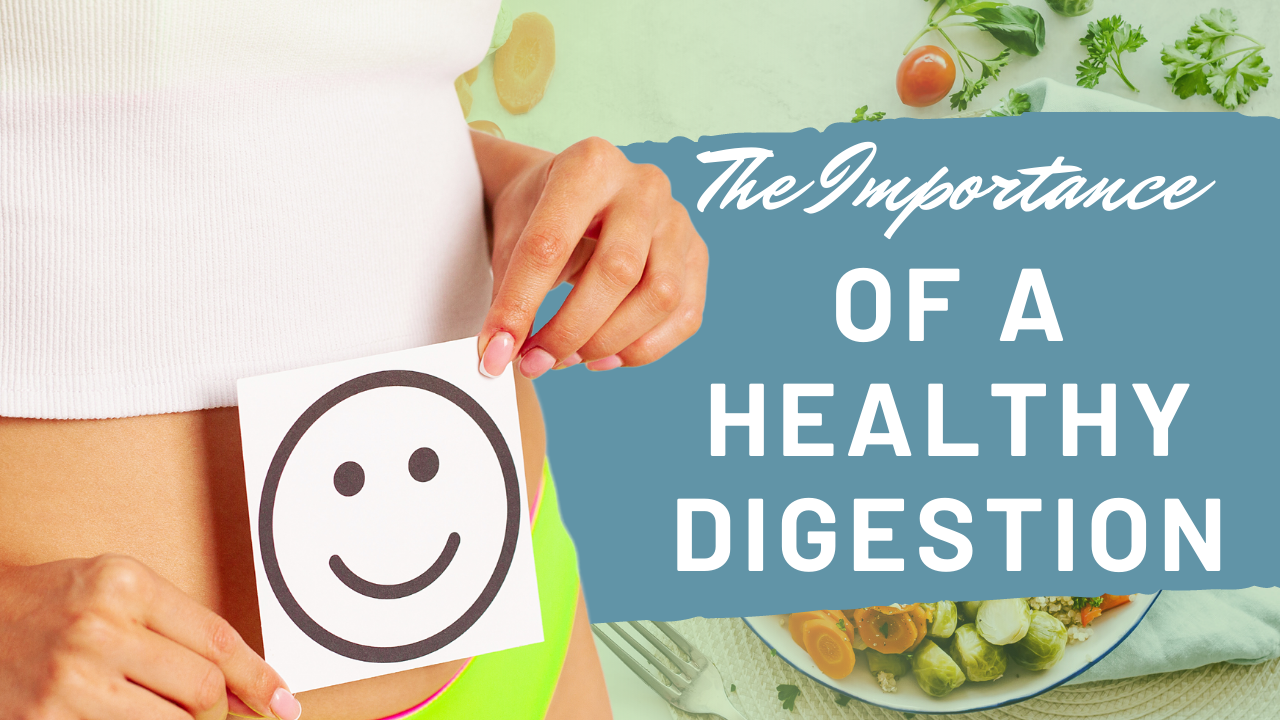|
If you're like most people, you probably take your digestive health for granted. But did you know that the health of your digestion has a ripple effect throughout your entire body? In fact, a healthy digestion is essential for maintaining good overall health. In this post, we'll explore some of the key ways to keep your digestion healthy – and how doing so can benefit your overall health. We'll also share some tips on how you can make these changes in your life. So if you're interested in learning more about keeping your gut happy, read on! What is a healthy digestive system and why does it really matter so much?
The gastrointestinal tract contributes to health by ensuring digestion and absorption of nutrients, minerals, and fluids, which are vital to every single function in the body. It hosts bacteria as well which have an impact either directly or indirectly. In some way they impact every single function of the body as well. We think of the gut as everything from your mouth to your anus (or from “cheek to cheek”). Every step from the beginning of digestion, which is stimulated by the smell of food, to chewing digestion and then ending in elimination is really important. Disruptions in any of the steps can have a domino-like effect preventing every following step from functioning as it should. Some of the signs of a good digestion include:
We all know the feeling when everything is just working. We feel vital and in good health with good digestion when all these signs are present in daily life. The body is able to process food efficiently, we have enough energy for our activities and we just feel good overall. The most obvious signs are when we have bad gut health are:
These can all be signs that your gut is having a hard time processing food, digesting and eliminating waste. If you're intolerant to some foods, these symptoms can also come up. Intolerance can actually be a direct result of poor or unbalanced gut flora. Even so, not all gut issues result in gut symptoms. Say for example if you feel tired and lethargic, that can be because you quite simply are not absorbing the required nutrients. Or if you have trouble sleeping, that could be because of a lack of serotonin, which is then converted into melatonin, the sleep hormone. Majority of our serotonin is produced in the gut along with beneficial bacteria. You may have extreme food cravings, especially for sugar. This may be due to, a yeast overgrowth. You may even experience skin irritation or some skin conditions like acne, eczema, psoriasis. Maybe you have hormone issues, auto-immune diseases like Hashimoto's or rheumatoid arthritis. You may have frequent mood changes such as anxiety and depression. These are all linked with bacterial imbalances or pathogenic bacteria. Gut inflammation and poor gut integrity more commonly referred to as leaky guts may be the culprits to these. Best foods to help improve your gut There are foods that can help prevent leaky guts and help bacteria to flourish. We know that fermented foods such as sauerkraut, kombucha, and kefir, can be very helpful as they are teeming with beneficial bacteria for the gut. However, if you have any histamine issues, then you'll want to refrain from any fermented food. Then I recommend omega 3 fatty acids. These are found in fatty fish such as salmon, mackerel, sardines, grass fed beef and pasture raised eggs. These fatty acids are anti-inflammatory and actually help maintain the gut integrity. They are also used as ‘gut bug food’. Overall the best thing that I can recommend for healthy gut integrity and gut microflora is diversity in your diet. A diverse range of food which includes fruits. vegetables, herbs, spices along with whole grains and ethically sourced, grass fed meats are ideal. Cold pressed olive oils and some of the vegetable oils are the best ways to ensure diversity in your gut’s microflora. Different foods feed different bacteria. Having diversity in our gut micro micro flora is a hallmark of good health. Now, if you can't tolerate many and a wide variety of foods, then you can always try taking prebiotic supplements whilst working on the guts issues. If you're experiencing digestive or related issues, then I suggest also working with a well-trained functional practitioner. He'll be able to help guide you in rebalancing and enhancing digestive function and bacteria through the use of testing, targeted supplements, and not just with random things that we find on the shelf. We know exactly what we need for each different point of digestive function. There are therapeutic diets as well and these diets will also differ according to different people. We all have different requirements. What I don't suggest is going on long term restrictive diets, as these will lead to further problems due to the change in microbial diversity. Keep your gut health in check. By following these simple guidelines – eating the right foods, drinking plenty of fluids, and getting regular exercise – you’ll be on your way to a healthy digestive system. And as an added bonus, you may see some improvement in other areas of your health too! Interested in learning more? We’d love to chat with you about our free discovery call. During this call, we can discuss your specific needs and goals and see if our program is a good fit for you. Don’t wait – schedule your free discovery call today! If you haven’t joined our Private Facebook Group, please do HERE If you’re looking for a more natural way to manage your health, please contact us for a discovery call to see if our approach would be appropriate for your situation. DISCLAIMER: The information in this email is not intended nor implied to be a substitute for professional medical advice, diagnosis or treatment. All content is for general informational purposes only and does not replace a consultation with your own doctor/health professional
0 Comments
Leave a Reply. |
Archives
November 2023
Categories |

